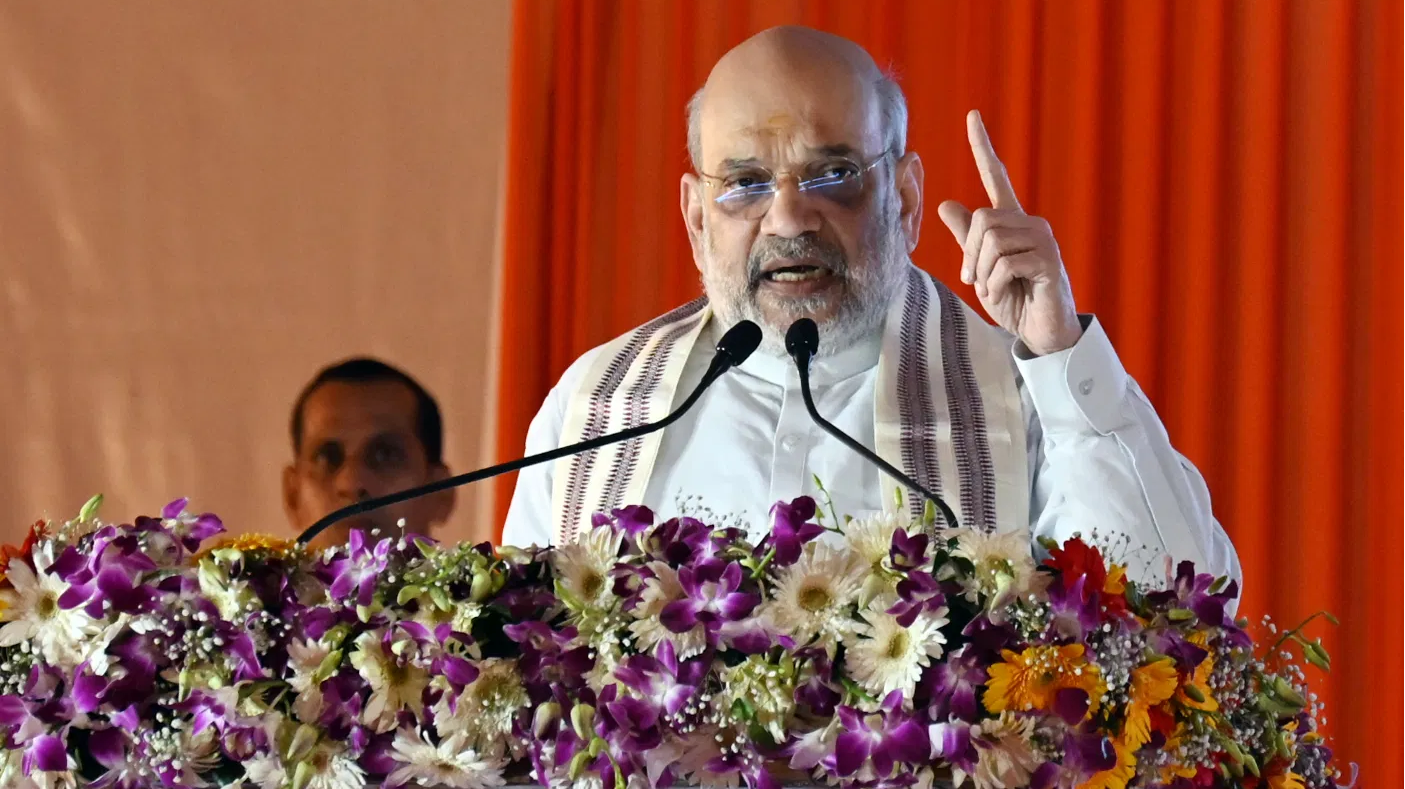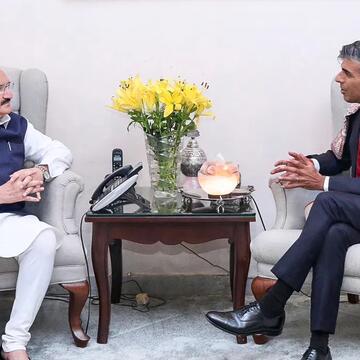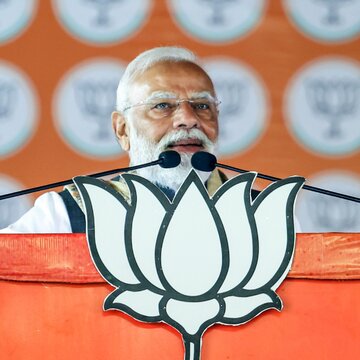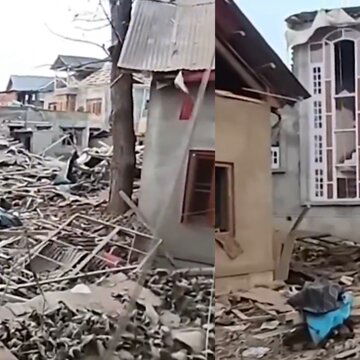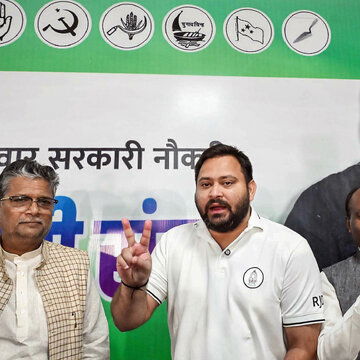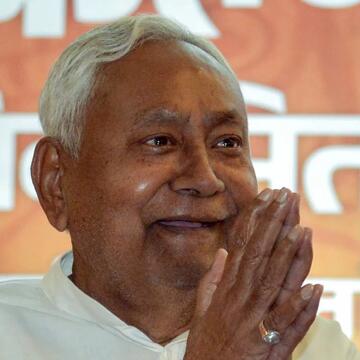Union Home Minister Amit Shah on Thursday tabled a suggestion for the creation of a special prison for fugitives in each state across the country that meets international standards, and cancel the passports of those facing Interpol red notices to blunt their claims of mistreatment upon extradition and stop their free movement across international borders.
Speaking at a conference on “Extradition of Fugitives – Challenges and Strategies,” the Home Minister said that until India instills “fear” of its legal system among those causing harm from abroad, sovereignty and security cannot be fully protected. He noted that India has 338 extradition requests pending with various countries.
He urged that when a Red Notice is issued by Interpol, the fugitive’s passport should be red-flagged or canceled, blocking further travel. According to Shah, modern technology makes this feasible. "It is not a difficult thing to do with the present technologies. When a red notice is issued, the passport should be cancelled to block the fugitive's international travel. If we can build this provision into the system, it will help bring back the fugitives," he was quoted as saying, according to a PTI report.
To deny fugitives a human rights argument in foreign courts, Shah proposed that every state capital must have a prison cell built to international standards, similar to those in foreign nations that are specially curated for ‘white collar’ criminals. This would counter claims from accused persons that Indian prisons are ‘inhumane’ and thus hamper extradition.
Shah laid out several supporting measures:
A scientific database of fugitives, with crime types, locations, networks, and repatriation status, shared across states.
Creating special cells in state police forces dedicated to extradition, with legal and treaty expertise.
Mandating upgrade from Interpol blue notices to red, where warranted, and improving coordination between passport agencies and law enforcement.
Maximum use of the new trial in absentia provision introduced under the Bharatiya Nagarik Suraksha Sanhita (BNSS): fugitives can be tried without being present, though appeals require physical attendance.
If implemented, these proposals may significantly shift India’s extradition posture and tighten the noose around fugitive financiers, traffickers, and white-collar criminals.


